Pneumatic Piston Overview
Pneumatic pistons, essential components in the realm of industrial machinery and automation, operate as the driving force behind pneumatic systems. These devices convert the energy of compressed air into mechanical motion, providing the actuation necessary for various applications. The versatility of pneumatic pistons allows them to be tailored to a wide array of industrial tasks, from simple material handling to complex assembly processes.
Types and Applications
The diversity of pneumatic pistons is evident in their range of types, each suited to specific applications. Single-acting pistons, for instance, are ideal for straightforward pushing or pulling tasks, while double-acting pistons offer control in both directions, crucial for more complex operations. These components are integral to equipment such as pneumatic doors, drilling rigs, and material handling systems, showcasing their adaptability across different industries.
Features and Materials
Pneumatic piston design is a critical factor that influences their functionality. Typically constructed from robust materials like stainless steel or aluminum, these pistons are designed to withstand the rigors of industrial environments. Features such as cushioning and adjustable end-of-stroke sensors enhance their performance, ensuring smooth operation and longevity. The choice of material and design features directly impacts the pneumatic cylinder durability and efficiency.
Advantages of Pneumatic Pistons
The advantages of utilizing pneumatic pistons in machinery are numerous. Their simplicity and reliability make them a staple in automation, while their energy efficiency and cost-effectiveness are beneficial for maintaining operational budgets. The safety aspect is another significant advantage, as pneumatic systems do not rely on hazardous fluids or chemicals, reducing the risk of leaks or spills.
Selecting the Right Pneumatic Piston
Selecting the appropriate pneumatic piston requires a thorough understanding of the machinery's specifications and the task at hand. Factors such as the piston stroke length, force requirements, and the operating environment must be considered to ensure compatibility and optimal performance. It is crucial to match these specifications with the pneumatic piston specifications available to achieve the desired outcome.
Conclusion
In conclusion, pneumatic pistons are a cornerstone of industrial automation, offering a reliable and efficient means of converting compressed air into mechanical motion. With a broad spectrum of types and applications, these components are designed to meet the demands of various industrial tasks. When selecting a pneumatic piston, it is imperative to consider the specific requirements of the application to ensure seamless integration and operation within the system.
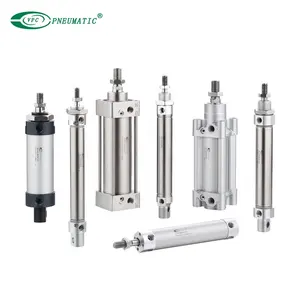


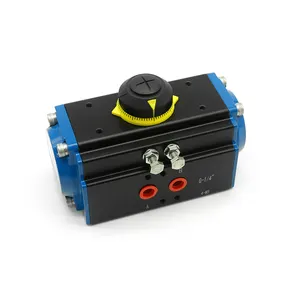



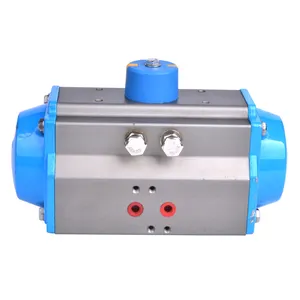



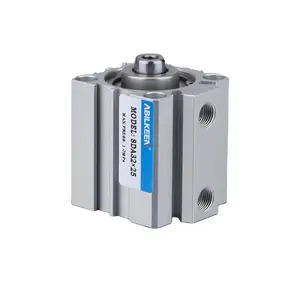


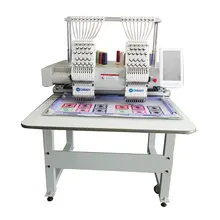



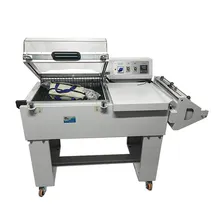


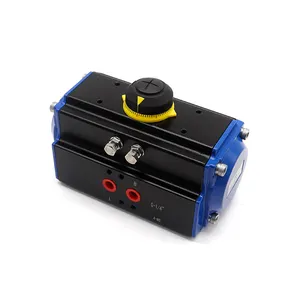

























 浙公网安备 33010002000092号
浙公网安备 33010002000092号 浙B2-20120091-4
浙B2-20120091-4